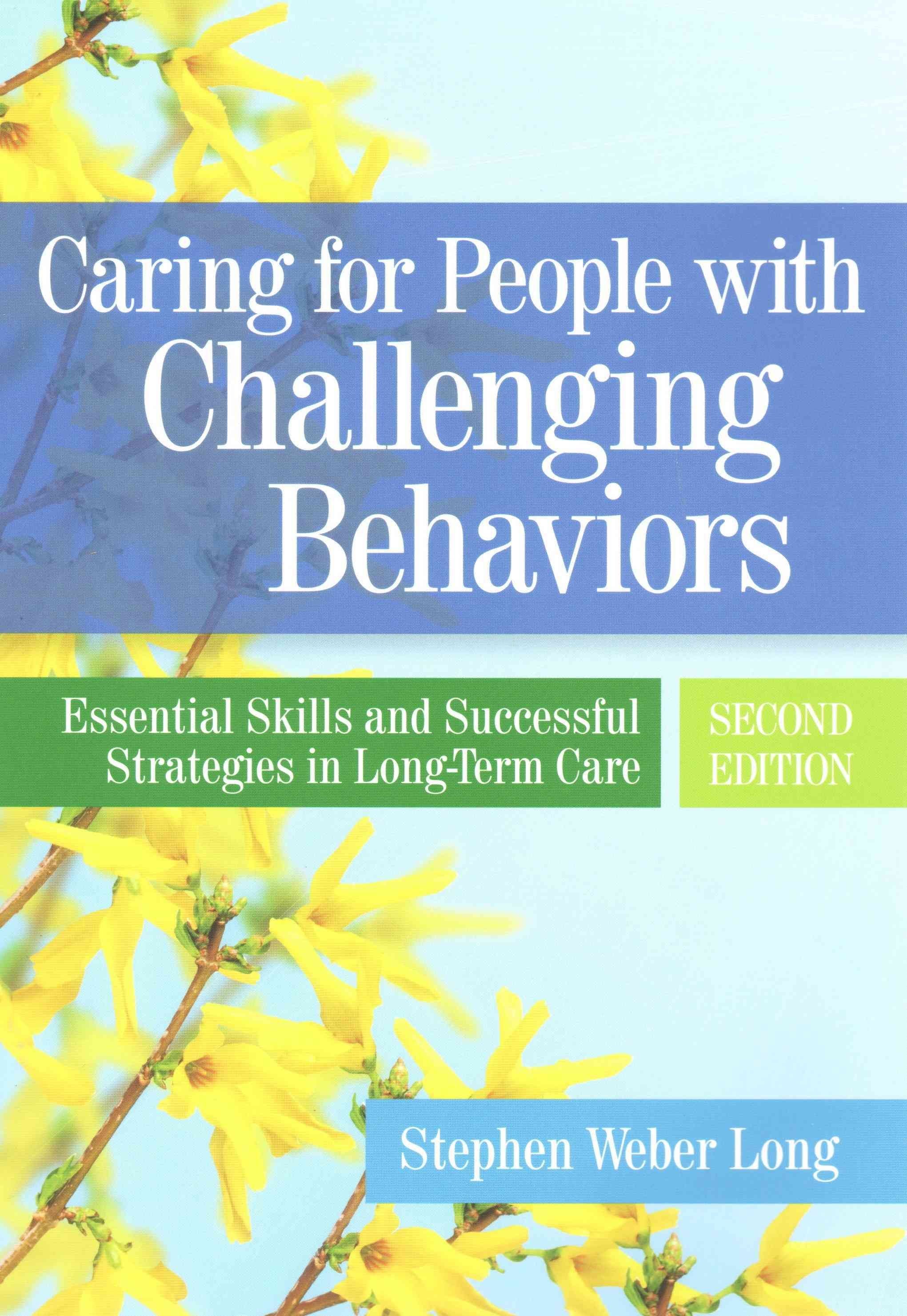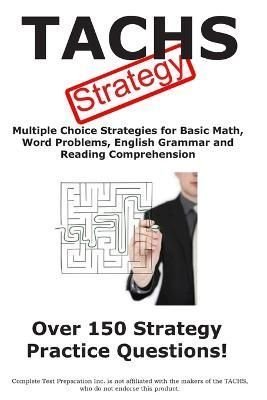The newly revised edition of this popular resource provides caregiving staff with even more ways to prevent, reduce, or eliminate disruptive behaviors exhibited by residents in long-term care settings. Nearly 80% of long-term care residents have some degree of moderate to severe behavioral symptoms stemming from mental illness, dementia, difficult personalities, longstanding behavior patterns, or personal distress, all of which can be systematically improved using these practical, evidence-based coping and intervention strategies. Through vignettes of readily recognizable resident types, staff learn to understand what triggers and reinforces residents’ challenging behavior using the ?ABCs of behavior? to identify the antecedents, behaviors, and consequences. Applying the recommended communication techniques and effective psychological approaches in care planning and day-to-day care is assured to produce more positive behavior. Presented in easy-to-understand language directed to everyone working in a nursing home, the book serves as both a self-help tool and a resource for in-service training. Numerous learning activities, handouts and displays familiarize, remind, or deepen the understanding of staff, supervisors, and administrators who want to implement these proven techniques. Practical Materials: Detailed vignettes of common resident behaviors, learning activities and guidelines that illustrate recommended practices, handouts and reproducible displays (also available for download), and an appendix of intervention and behavior tracking forms. Each chapter also features a different stress-management technique for staff to try for managing their own reactions to challenging resident behavior. What’s New: · Completely new chapter (ch.5) features the additional intervention strategy of ?behavior contracts? plus the stress-management technique of practicing ?forgiveness.? Chapter includes new case studies and instructional displays. · Updated references and …












